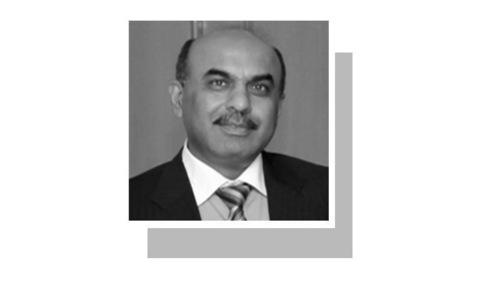The shipment is seen as a serious escalation in Iran's state support of the Taliban insurgency, according to Nato officials and described in detail by an international intelligence official.
It's also an escalation in the proxy war Western officials say Iran is waging against US and other Western forces in Afghanistan, as Washington continues to lobby for tougher international sanctions against Tehran to dissuade it from its alleged goal of building nuclear weapons.
The intercepted 122-millimeter rockets can be fired up to 13 miles (22 kilometers) away from a target, and explode in a burst up to 80 feet (25 meters) wide _ double that of the previous 107-millimeter rockets provided by Iran to the Taliban since 2006, the intelligence official said. The official spoke on condition of anonymity to discuss classified matters.
The rockets, which were shown to an Associated Press reporter, were machined without Iranian markings or any serial numbers, but the official says their technical details match other Iranian models. So far, there is no evidence that the 122-millimeter rockets have been used in Afghanistan, though the Taliban has sometimes used Chinese- and Russian-made rockets of the same range in the fight here, harvested from the multiple weapons caches around the country from Afghanistan's decades of civil war.
Iran, which was a staunch opponent of the Taliban when it ruled Afghanistan before the US-led invasion triggered by the Sept. 11, 2001, attacks, has denied allegations that it is supporting militants in the wartorn country.
British and Afghan troops captured the 48 rockets, which were being transported in a three-truck convoy, and 1,000 rounds of ammunition on Feb. 5 in southern Nimruz, near the Iranian and Pakistani borders, according to British officials.
Mark Sedwill, Nato's senior civilian representative to Afghanistan, said the rockets ''represent a step-change in the lethal impact of weaponry infiltrating Afghanistan from Iran.''
British Foreign Secretary William Hague said they were sent by Iran and intended ''to provide the Taliban with the capability to kill Afghan and ISAF (International Security Assistance Force) soldiers from significant range.''
Hague said Britain's ambassador to Iran Simon Gass _ who will soon replace Sedwill as the Nato envoy in Afghanistan _ had raised the discovery of the haul with the Iranian foreign ministry.
In a separate development, the intelligence official said a high-level Afghan Taliban leader had traveled to Iran in the past two weeks to meet with a top Iranian Revolutionary Guard's Quds Force leader to ask for more powerful weapons to attack Afghan and Nato troops in the spring and summer fighting season.
An intelligence tip led to the rocket interception, according to the international intelligence official. The logistics of the shipment were arranged by a Taliban ''facilitator'' who is based in Iran, the official added.
The seizure follows more than a year of fierce Nato operations against Taliban networks, with the highest number of special operations forces raids in Afghanistan ever, targeting Taliban safe houses, weapons caches and bomb-building factories.
In the 90 days before March 4, coalition forces launched more than 1600 operations and killed or captured about 350 insurgent leaders, Nato said Wednesday. They also captured over 1800, and killed around 500 lower-level insurgents. In that time, Nato raids found some 1,005 weapons caches, severely depleting the Taliban's weapons supply.
In the alleged meeting with the Quds Force, the Taliban leader is believed to have asked the Iranians to provide more shoulder-fired anti-aircraft missile systems, such as the two Iran provided in 2007, which were used against one British and one US Chinook helicopter, the official said. But Iran has not provided such weapons since, sticking to the smaller 107-millimeter rockets, C4 plastic explosives that have been used in some improvised explosive devices here, rocket-propelled grenades, and small arms like AK47 assault rifles, the official said.
In all, Nato troops seized 48 warheads, 49 fuses, and 49 rocket mortars during the Feb. 5 raid on the convoy. The drivers of the three vehicles resisted arrest and were killed. One of the three vehicles caught fire during the operation and burned up, making it hard to determine what that vehicle was carrying.
The official said the rockets' increased range means they are less accurate and more likely to cause civilian casualties in heavily populated areas like Kandahar City _ the expected focus of the southern Taliban fighting campaign as the insurgents try to take back parts of Kandahar and Helmand provinces lost to Nato forces over the past year. – AP













































Dear visitor, the comments section is undergoing an overhaul and will return soon.